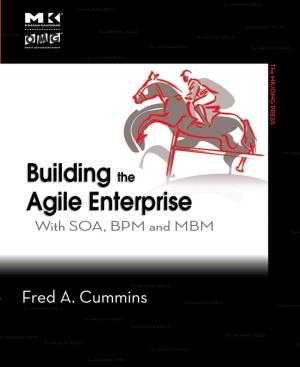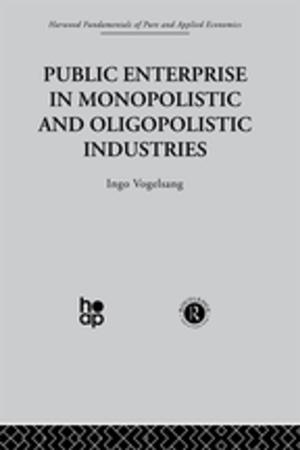The Scramble for Africa in the 21st Century
Nonfiction, Religion & Spirituality, Philosophy, Social & Cultural Studies, Political Science, Business & Finance| Author: | Harry Stephan, Michael Power | ISBN: | 9781622090044 |
| Publisher: | Renaissance Press | Publication: | March 15, 2012 |
| Imprint: | Language: | English |
| Author: | Harry Stephan, Michael Power |
| ISBN: | 9781622090044 |
| Publisher: | Renaissance Press |
| Publication: | March 15, 2012 |
| Imprint: | |
| Language: | English |
“[This new edition of] The Scramble for Africa uses tools of international political economy to clarify the challenges of development in today’s Africa from managing mounting demand for the region’s natural resources and land, to navigating the turbulence of global capital and trade flows. It critically analyses the sources and sustainability of the current African growth path and explains why they are crucial for South Africa’s foreign and economic policy debates.”
As the title of this new volume avers, Africa is heading in a direction towards the New World and away from the Old. As Africa emerges from the ravishes of the Great Recession, African elites find themselves at a crossroad that requires new economic and institutional models to build capacity. Finding these signposts and the concomitant roadmap on the way forward is not only the intellectual exercise that underpins this volume, but also a means to test the economic and political theories that have been proposed in the Scramble series since the global credit crunch began. Will Africa rise above the proverbial economic waterline or drop back to Fanon’s imagery of the colonized bailing for dear life?
The core aim of this volume is to indicate that Africa has a chance to boom as resource-starved economies snap up Africa’s mineral resources and energy. The editors, however, are at pains to point out in successive chapters that Africa has been placed at a disadvantage through a singular lack of FDI in the past, a skewed world trading regime, and the legacy of small national markets. They moot regionalism as a possible solution, and the different trajectories of SADC and the EAC point to ways in which African nations can overcome institutional and economic difficulties. The editors then turn to a political analysis of the African continent by taking on the subject of ‘Land Acquisition’, which is not only one of the most contentious issues confronting Africa today, but also a metaphor for Africa’s future economic and political path. Their view is to make plain for all that Africa sits on the horns of a developmental dilemma. Africa can either flourish well into the century or fall foul of wrong-headed policies by self-serving African elites.
“[This new edition of] The Scramble for Africa uses tools of international political economy to clarify the challenges of development in today’s Africa from managing mounting demand for the region’s natural resources and land, to navigating the turbulence of global capital and trade flows. It critically analyses the sources and sustainability of the current African growth path and explains why they are crucial for South Africa’s foreign and economic policy debates.”
As the title of this new volume avers, Africa is heading in a direction towards the New World and away from the Old. As Africa emerges from the ravishes of the Great Recession, African elites find themselves at a crossroad that requires new economic and institutional models to build capacity. Finding these signposts and the concomitant roadmap on the way forward is not only the intellectual exercise that underpins this volume, but also a means to test the economic and political theories that have been proposed in the Scramble series since the global credit crunch began. Will Africa rise above the proverbial economic waterline or drop back to Fanon’s imagery of the colonized bailing for dear life?
The core aim of this volume is to indicate that Africa has a chance to boom as resource-starved economies snap up Africa’s mineral resources and energy. The editors, however, are at pains to point out in successive chapters that Africa has been placed at a disadvantage through a singular lack of FDI in the past, a skewed world trading regime, and the legacy of small national markets. They moot regionalism as a possible solution, and the different trajectories of SADC and the EAC point to ways in which African nations can overcome institutional and economic difficulties. The editors then turn to a political analysis of the African continent by taking on the subject of ‘Land Acquisition’, which is not only one of the most contentious issues confronting Africa today, but also a metaphor for Africa’s future economic and political path. Their view is to make plain for all that Africa sits on the horns of a developmental dilemma. Africa can either flourish well into the century or fall foul of wrong-headed policies by self-serving African elites.















